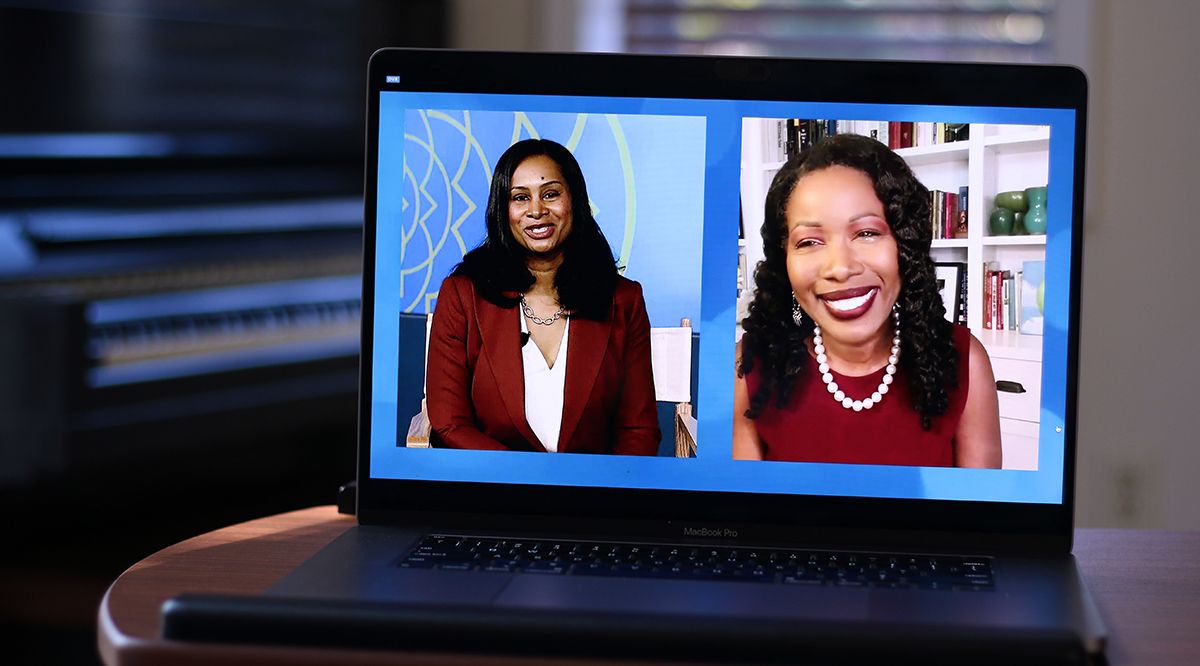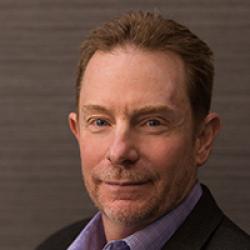
When historian and author Isabel Wilkerson sees the United States struggle with its racial divisions, she sees a family that has inherited preexisting medical conditions that it must confront — or risk catastrophic illness.
“When a family has inherited something such as diabetes or alcoholism, when you have these long-standing conditions, you don’t pretend that they’re not there,” the Pulitzer Prize winner observed in a Nov. 10 plenary at Learn Serve Lead 2021: The Virtual Experience. “They [the family] will live with the consequences whether they acknowledge them or not.”
Americans live today with the consequences of a racial caste system that was built hundreds of years ago and continues to harm all of its citizens and even the health of the nation, Wilkerson said at a session titled "Beyond Racism: America’s Caste System."
“We are in a state of emergency,” said the author of the bestselling Caste: The Origins of Our Discontent and The Warmth of Other Suns: The Epic Story of America's Great Migration. “This is a clarion call. It's a prayer for our country. We’ve got to get ahead of it.”
In a conversation with session moderator Malika Fair, MD, MPH, senior director of equity and social accountability at the AAMC, Wilkerson urged the audience to think beyond racial distinctions constructed centuries ago by the dominant groups in the American colonies and to see instead a system that defined everyone’s place in society according to such factors as skin color. Those with dark skin, she said, were put at the bottom of the hierarchy, similar to the caste of “untouchables” in India.
That system limited what people from the lowest caste were able to do and what benefits (such as education) they were entitled to, and it continues to limit them today, Wilkerson said. This hierarchy continues to foment conflict among the caste levels, as some people believe that the gain of one group comes at the expense of the other, and ignites stress responses that harm the physical and mental health of people of all races.
“Caste is the infrastructure of our divisions,” Wilkerson said.
Everyone’s responsibility
Wilkerson is aware that many Americans today don’t see why they should take responsibility for addressing racial problems, because they did not create the unjust system and do not believe they contribute to it. She turned to another metaphor: an old house that was constructed with flaws that must be addressed.
“We as Americans are like people who inherited a house,” she said. “It’s very old, it has many stress fractures in pillars and joints and beams. We did not build this house, and yet, we have come into possession of it. We’ve come into possession of a responsibility to repair it, whatever it takes. We are responsible.”
That is, racism is built into the structure of every American system — such as health, education, and criminal justice — in ways that hurt Black people today but that many others do not see, Wilkerson said. While it’s comforting for many to think that slavery and codified racism such as Jim Crow laws are ancient history, those did not occur that long ago and their imprint on American systems remains.
“Slavery was the foundation of our social, political, and economic order,” she said.
Wilkerson pointed to the siege of the U.S. Capitol on Jan. 6 by White rioters who felt entitled to take by force something — an election result — that they “perceive to be theirs.”
“The siege of our nation’s capital may have looked like another country, but it is ours. What we saw may have looked like a different century, but it is ours. What we have seen might have looked like a long-ago battle over justice, waged in another era, but it is ours.”
In response to a question from the audience, Wilkerson said she is hopeful that the country will confront these foundational issues and emerge stronger.
“The most inspiration I see is that there are many people in the dominant caste who are recognizing how destructive these divisions are,” she said.
She noted that the country “has made tremendous progress” in striving toward racial equality. But, returning to the medical metaphor, she cautioned that Americans cannot collectively behave like a patient who, after recovering from a serious illness, stops taking the prescribed medication that brought about the recovery.
“There is no quick solution,” Wilkerson said. “This is a lifelong challenge.”
